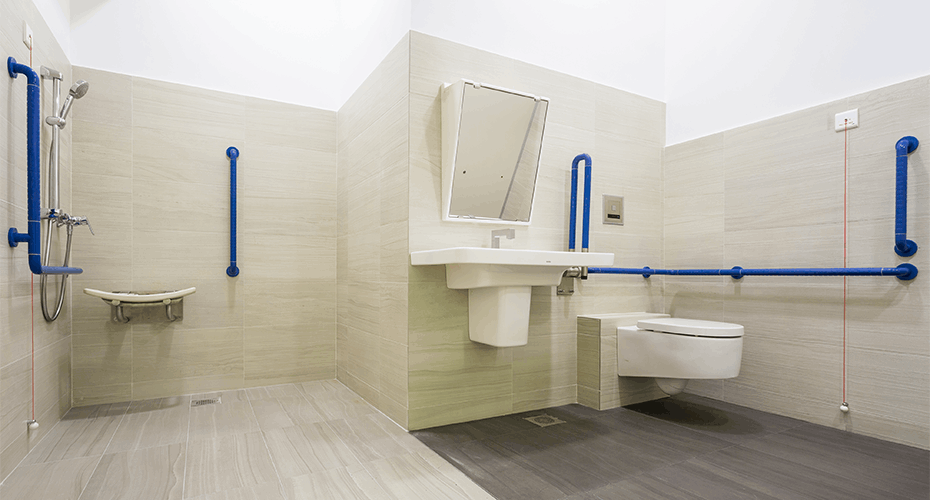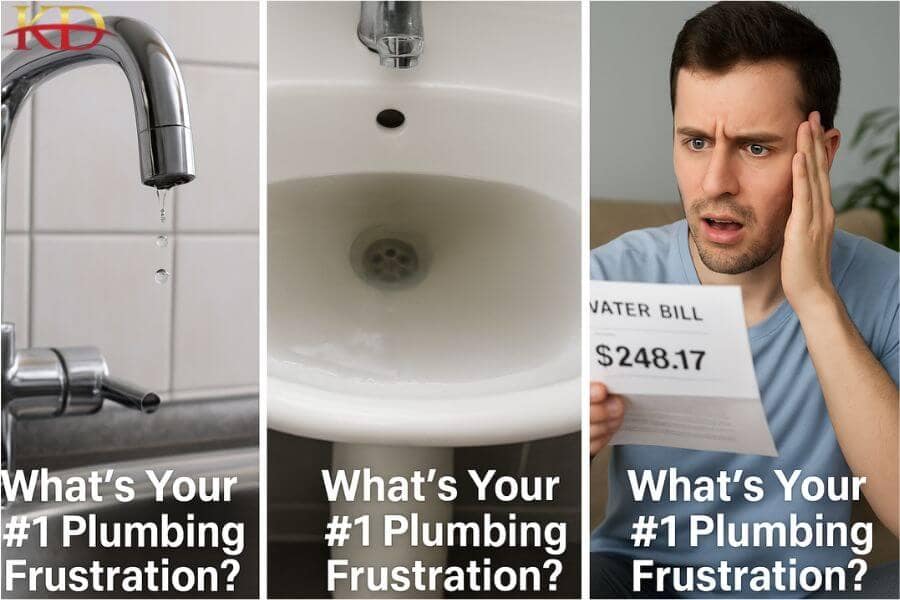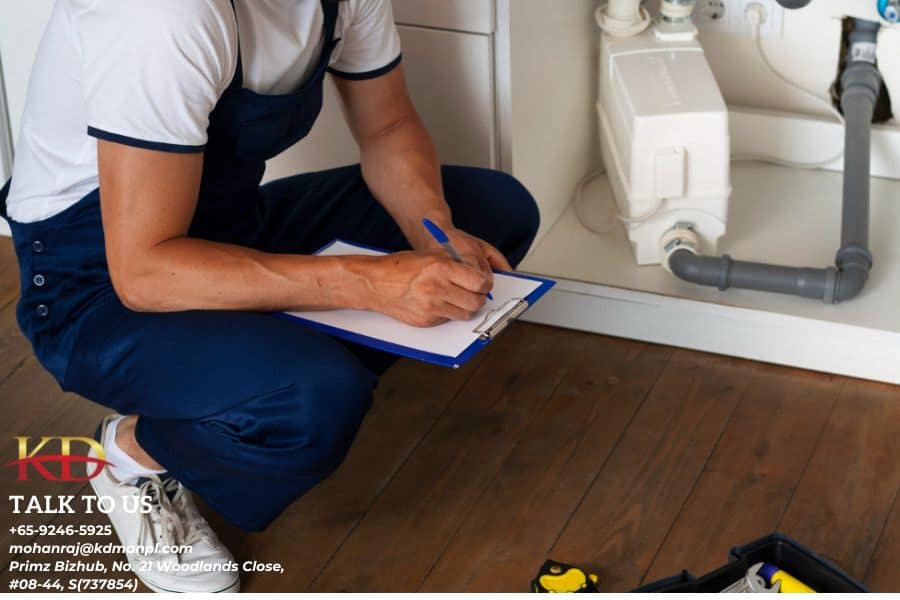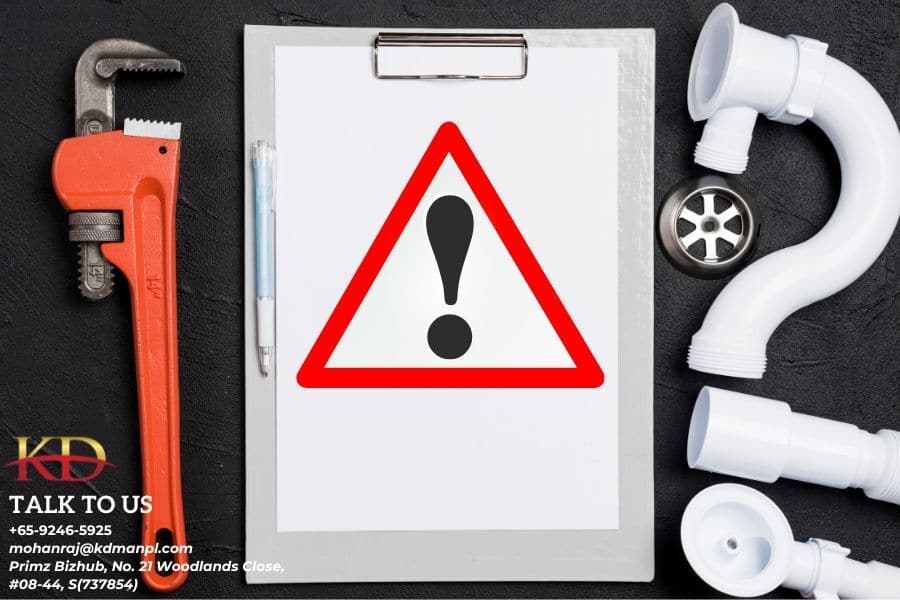Singapore is known for its commitment to creating an inclusive environment, particularly in the built environment. This is evident in the comprehensive regulations and guidelines that govern plumbing and sanitary facilities for persons with disabilities (PWDs). Ensuring accessibility in these facilities is not just a legal requirement but a moral imperative to accommodate the diverse needs of the population, especially in a rapidly aging society.
Key Accessibility Requirements
The Building and Construction Authority (BCA) has established the Code on Accessibility in the Built Environment, which mandates that all new buildings and existing buildings undergoing major renovations must comply with specific accessibility standards. These standards include the provision of accessible toilets, larger washrooms for motorized wheelchair users, and changing rooms for adults with disabilities who require caregiver assistance. The regulations apply to public spaces such as shopping malls, community clubs, polyclinics, and sports complexes, ensuring that these areas are equipped to meet the needs of PWDs (BCA Corp) (Ministry of National Development).
Accessible Sanitary Facilities
One of the main features required by the code is the inclusion of accessible toilets on every floor of a building. These toilets are designed with larger maneuvering spaces to accommodate motorized wheelchairs, making them essential for persons with severe mobility challenges. Additionally, accessible changing rooms are becoming more common, particularly in places that cater to higher foot traffic, like the integrated community development at One Punggol and the Mandai Bird Paradise (Ministry of National Development).
Support and Incentives
To encourage more building owners to adopt these inclusive features, the BCA offers the Accessibility Fund (AF), which co-funds up to 80% of the construction costs for basic accessibility features like larger toilets. For more advanced features, such as accessible changing rooms, the fund covers up to 60% of the costs. This initiative is designed to promote retrofitting in older buildings, ensuring that accessibility is widespread across Singapore’s built environment (Ministry of National Development).
The Role of Professional Plumbing and Sanitary Services
When implementing or upgrading these accessible facilities, professional plumbing and sanitary services play a crucial role. Specialized contractors can ensure that all installations meet the strict standards set by the BCA, providing peace of mind that the facilities are safe, functional, and compliant. These experts can handle everything from installing accessible toilets and handrails to designing wheelchair-friendly layouts and incorporating lever-style faucets that are easier to use for those with limited hand strength.
Whether you’re a building owner looking to upgrade existing facilities or a developer planning new projects, engaging with experienced plumbing and sanitary professionals is essential. They can provide the expertise needed to navigate the complex regulatory landscape, ensuring that your facilities not only meet the required standards but also enhance the quality of life for users.
Conclusion
As Singapore continues to advance its inclusive policies, the focus on accessible plumbing and sanitary facilities will remain crucial. These efforts not only comply with the legal framework but also reflect the country’s commitment to ensuring that every individual, regardless of their physical abilities, can access and enjoy public spaces with dignity and ease. For businesses and developers, embracing these standards is not just about compliance but about contributing to a more inclusive society.
For expert guidance and services in accessible plumbing and sanitary installations, contact us. Our team consists of only skilled and professional technicians dedicated to ensuring the highest quality and compliance with accessibility standards





Leave a Reply